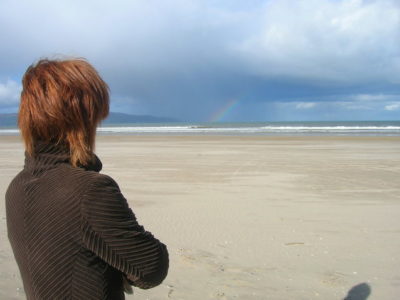I’m back! I ended up taking an impromptu week-and-a-half hiatus from my blogging and Patreon responsibilities. I hate to fall behind on these things, but I’ll admit it was nice to just not worry about it for a bit. My last couple weeks have been crazy busy–a writers retreat, a friend visiting from out of town, community group meetings, birthing classes, and more. I needed to focus on those things for a bit. But it’s good to be back here.
So–on to the topic of this post.
Lately, my mind seems to turn to semi-autobiographical stories. It’s funny–I’ve always tried to implement bits of myself in my stories, but this is different. This is more direct. It started with October (which I didn’t admit was semi-autobiographical until a long while after I wrote it), and more ideas keep popping up since. Many of my favorite authors wrote a lot of semi-autobiographical work–Charles Dickens, Louisa May Alcott, even C.S. Lewis in many ways.
So imagine my surprise when, upon looking for articles with advice about writing good semi-autobiographical fiction, I mostly found pieces hating on this particular art form.
Most of the posts expressed disdain for authors who take the “write what you know” advice a little too seriously. They claimed that autobiographical fiction is lazy and narcissistic. And I can see how it definitely could be. If you’re using the label of “fiction” and a few name changes to tell a completely true of your actual life–that does seem to stretch the definition of the word “fiction.” It seems that perhaps what this person should be writing is “creative nonfiction” instead. Likewise, if you’re trying to praise yourself under the guise of writing about a great “fictional” character–yeah, I can see why that would be terribly annoying to read.
So is fiction drawn heavily from life an exception to the “write what you know” rule? Is it too much of a good thing?
I think it largely depends on how you do it. And the key lies in the difference between the terms “autobiographical” and “semi-autobiographical.” “Autobiographical fiction” is an oxymoron. If all you change is names and a few details of a few events, it’s not fiction at all and to call it so is dishonest.
“Semi-autobiographical fiction,” however, is more of a re-imagining of real life than a simple telling of it. It doesn’t simply transform you and your experiences onto a page. That’s called a memoir. Instead, it takes you and what you’ve been through and asks, “what if?” “What if?” is always the central question of fiction. It’s what defines it. It wants to know, “what if this made-up situation actually happened? what would it look like? how would it go?”
The same holds true for semi-autobiographical fiction. At least, the good examples of it. It’s more what C. S. Lewis called “supposal.” Suppose that I had grown up differently than I did? Suppose I was born a different nationality? Suppose my greatest failure had gone differently? Suppose one aspect of my personality was flipped? Suppose I’d married my first crush?
What if?
This is the kind of fiction I am drawn to writing lately. I have no interest in memoir. I don’t feel the need to spill my life directly onto the page and tell it to the world in all its detail. But I do want to take things that I have been through, mold them into something else, and explore them in a new way. I want to share deep truths that I have learned through circumstances and make them into stories that resonate with readers and maybe reveal some of the same truths to them.
Finding the balance is hard. And it’s scary. But it’s also exciting. It gives an added depth of meaning to things that God has brought me through. And I believe it adds a power to my writing that it lacks otherwise.
So tell me–what are your thoughts on semi-autobiographical fiction? Have you seen it done well?
